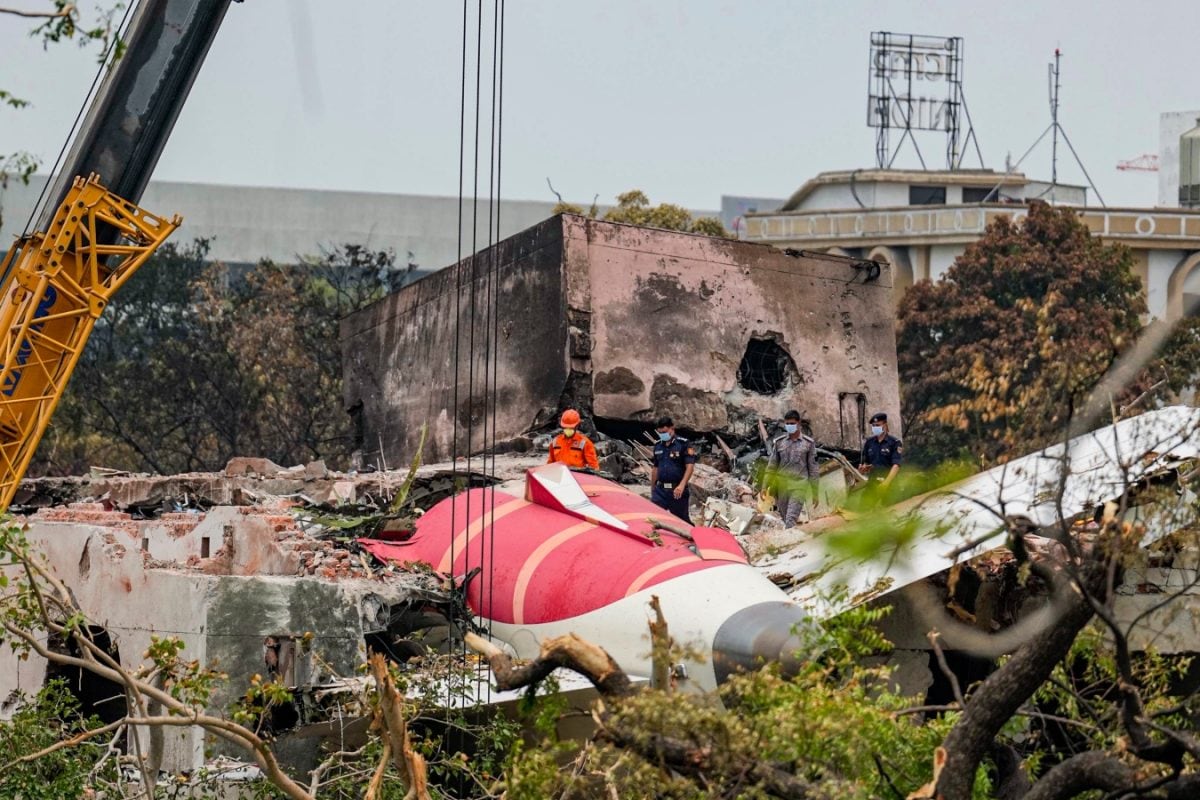

The preliminary report on the Air India flight AI-171 crash, which occurred on June 12, continues to stir debate and raise concerns within the aviation community. The crash, involving a Boeing 787-8 Dreamliner bound for London Gatwick from Ahmedabad, resulted in the tragic loss of 260 lives. The Aircraft Accident Investigation Bureau (AAIB) is leading the investigation, with support from various international bodies and experts.
The initial findings suggest a possible confusion regarding fuel switches as a contributing factor to the crash. Cockpit voice recordings indicate that one pilot questioned the other about cutting off the fuel supply, to which the other pilot denied doing so. Specifically, three seconds after takeoff, the cockpit voice recording captured one pilot asking why the other had cut off fuel to the engines, a question that was met with a denial. The report does not clarify whether the action was accidental or intentional.
This particular detail has sparked considerable discussion and skepticism. Some experts find it hard to believe that trained pilots would inadvertently tamper with fuel switches. Adding to the complexity, a 2018 advisory from the U.S. Federal Aviation Administration (FAA) addressed a potential issue with the fuel control switch locking feature. Air India, however, did not implement the suggested inspections, as the FAA bulletin was only an advisory. AAIB scrutinized maintenance records and found that there was no defect reported to the fuel control switch since 2023 on this aircraft, when the specific section of the cockpit control panel (throttle control module) was last replaced on the aircraft.
The report also mentioned that there was no significant bird activity and that the aircraft began to lose altitude before crossing the airport perimeter. At the time of the incident, there were no recommended actions for the Boeing 787-8 aircraft or the GE GEnx-1B engines. The investigation team is continuing to review additional evidence and information from stakeholders.
Amidst these revelations, a Parliamentary Panel has questioned aviation officials about the crash and the subsequent increase in airfares. The session included representatives from the Ministry of Civil Aviation, airlines, and airport authorities. Lawmakers sought clarity on the timeline for the completion of the crash investigation report.
Several Members of Parliament (MPs) have raised concerns about air safety incidents following the Ahmedabad crash, with one opposition member calling for a special audit of the Bureau of Civil Aviation Security (BCAS). Air India officials defended their Boeing 787 fleet, asserting that it is considered one of the safest aircraft globally, with 1,100 such planes in service.
The Air India crash has broader implications for India's aviation sector, potentially affecting its aspirations to become a global aviation hub. Travelers are increasingly concerned about airline safety and the reliability of Boeing aircraft, which could impact Air India's market position and operational strategies.